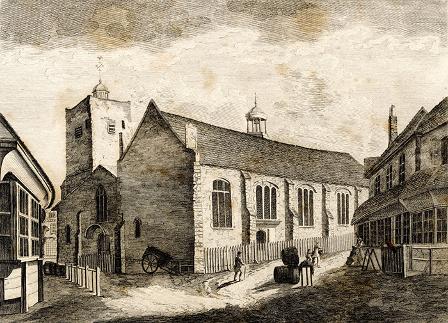What was discussed - The Church
Why was this important?

The Parliamentary view
The Church of England should be further reformed along the lines of the Church of Scotland - governed by assemblies of churchmen and with no head of the church.
The Common Prayer Book - familiar today - should be replaced with a new Directory for Worship.
There should be stricter anti-Catholic rules.
The education of the Royal children should be through tutors approved by Parliament.
The Royalist view
As bishops and archbishops had existed since the time of Christ, there was no need to replace them with assemblies.
The Prayer Book had adequately served its purpose for the past 100 years.
Due to the scale of the proposed reforms, a National Synod or council should discuss them at a later date.
The King should decide how his children are educated.